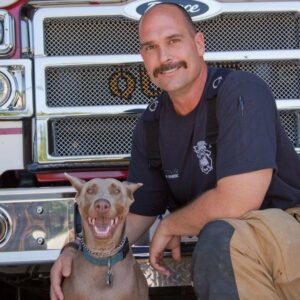
Today we’d like to introduce you to Bruce Parsons.
Hi Bruce, please kick things off for us with an introduction to yourself and your story.
I’ve engaged in several career fields throughout my life – from tactical positions in the military and directly after to being a bouncer, bodyguard, and private investigator. I spent many years in information technology. The money was good, the job was interesting, and it presented appropriate challenges, but I always felt as if something was missing. I wanted to do something to help others. So, I became a volunteer firefighter. That position allowed me the opportunity to help others in situations where they were out of their depth. It seems that was what I was missing. I liked the feeling so much that I gave up my IT position and became a full-time firefighter/paramedic. I made this transition late in life (in my early 40s) and was employed in a small town with a single fire station. There was not much opportunity for advancement, but I didn’t really mind. I enjoyed the job I was doing. But as I got older, some new and some old injuries began to make it more difficult to be as good at that job as I thought I should be. I felt I was about to become a liability to my team and to the citizens, and I couldn’t have that. I still very much wanted to help people, but it was getting to be time to help them with my brain instead of my brawn. I had been continuing my education (I’ve always loved learning) and chose psychology for my graduate work. The field is fascinating. The human mind is a wonderful and complex thing, and unraveling the reasons why we do the things we do can take a lifetime. I decided to switch my focus from firefighting to psychology. I could still help people but in a different way. While I may no longer be able to lift heavy patients at 2:00 in the morning or do hard work inside of a burning house all day, I can still help others in meaningful ways – while sitting comfortably in an air-conditioned office! Nonstop, I earned my master’s degree and then my doctorate. I finished my internship and my post-doctoral residency, sat for my licensing test, and immediately opened my private practice.
In my various roles throughout the years, I’ve worked with some outstanding people who regularly took on the traumas of others. Unfortunately, I’ve seen these people not receive the help they need to navigate this condition. Some have even been denigrated and ridiculed for having stress reactions they earned while serving their communities! While I work with many psychological conditions and issues, my specialization is working with people who are suffering from trauma reactions. I especially make myself available to active military, veterans, and first responders. These groups, in my opinion, are tragically underserved in this area. I’ve also found that people seem to respond well to my treatment style when they have undergone severe childhood trauma that continues to affect them as adults.
I’m sure you wouldn’t say it’s been obstacle free, but so far would you say the journey has been a fairly smooth road?
There have, of course, been challenges and obstacles along the way. Every major task we undertake in life is fraught with them. I learned early on that obstacles are important parts of the path we take. If something is easy for us, it’s not an obstacle. This simply means we have the internal and external resources we need to overcome it. A situation becomes an obstacle when we feel we lack the necessary resources or abilities to conquer it. Facing obstacles is a great way for us to find ways to improve ourselves. Some have said that life is a series of obstacles, interrupted by short periods of smooth sailing. That’s not to say that obstacles are not frustrating or discouraging. But I’ve always liked overcoming challenges and winning. Viewing obstacles as puzzles, trying to figure out what I’m missing or where I need to improve – that’s what adds excitement to the journey.
Alright, so let’s switch gears a bit and talk business. What should we know?
I offer telehealth psychotherapy and assessments. You get to see a psychologist from the comfort of your own home! I specialize in helping people through troublesome trauma responses like PTSD. I’d like your readers to know that current treatments for PTSD tend to work in a brief period of time, and they’ve become incredibly effective. The nature of the disorder is not what we see in the media, and it most often responds quite well (and quickly!) to appropriate therapy.
So maybe we end by discussing what matters most to you and why.
Professionally, what matters most to me is being able to help people who are struggling with something. When they feel lost or powerless to improve their circumstances, I like to work with them to discover that they do have the tools they need to make a better life for themselves. They may just need someone to show them the true nature of what they’re dealing with and how they can appropriately treat it.
Pricing:
- Initial consultation – Free
- Intake session – $200
- Testing/Assessments – Varies by test
- Therapy – $125 to $150
- Sliding scales are available
Contact Info:
- Website: https://www.drbruceparsons.com
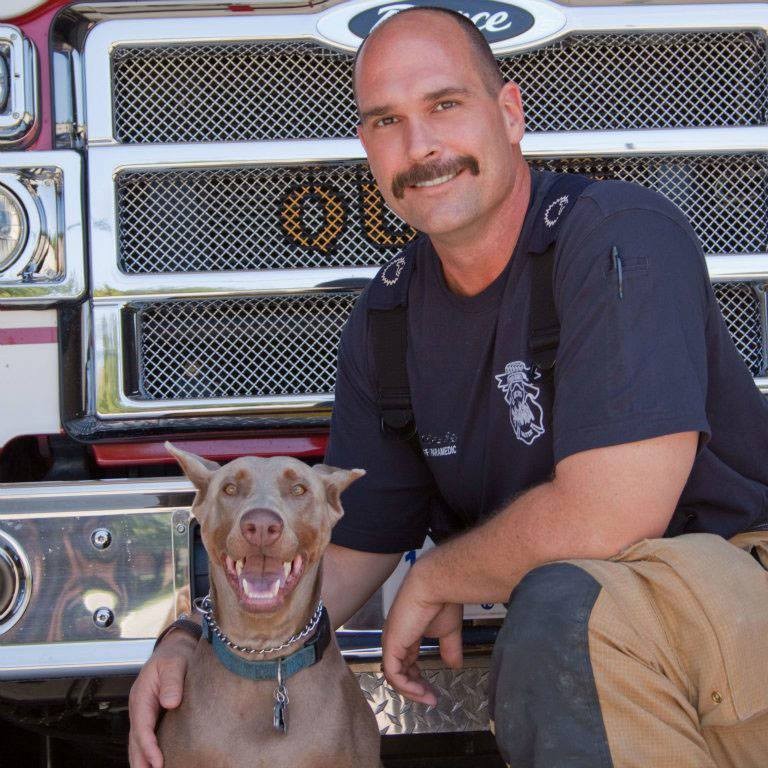
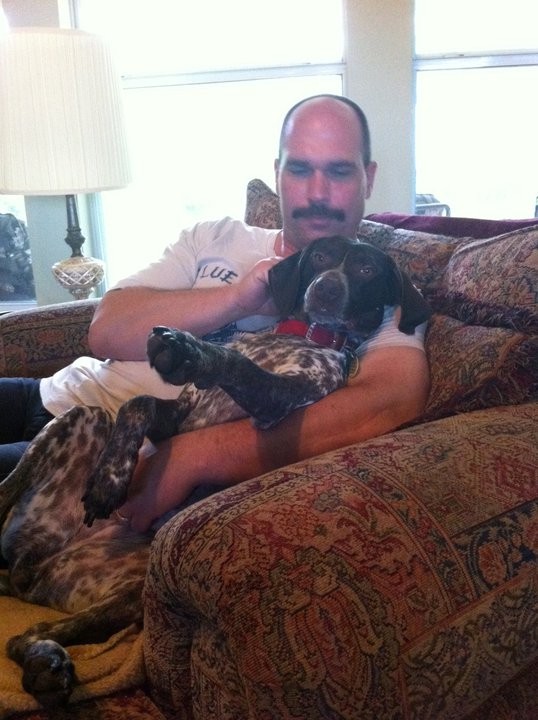
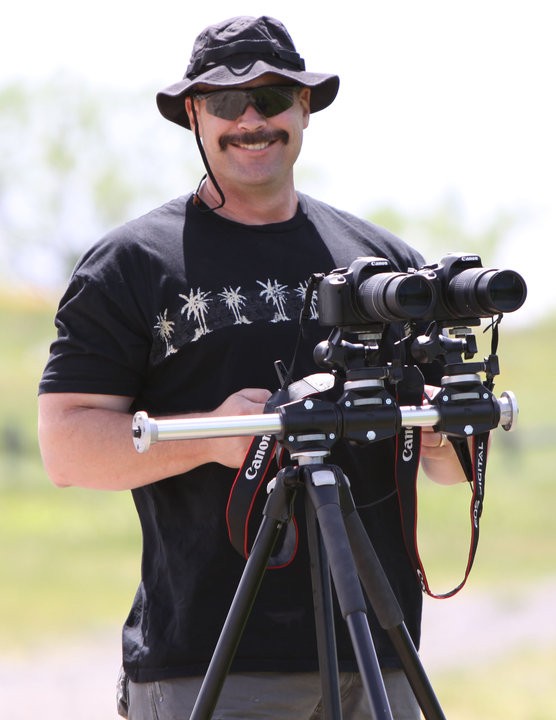
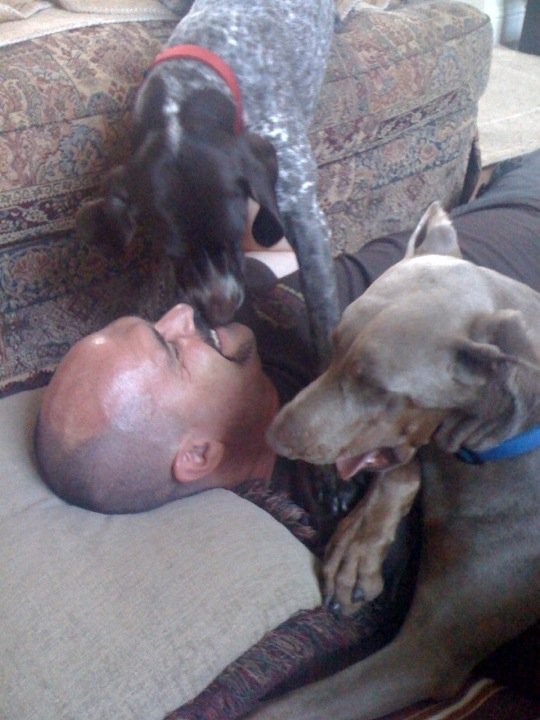
Image Credits
Bruce Parsons










